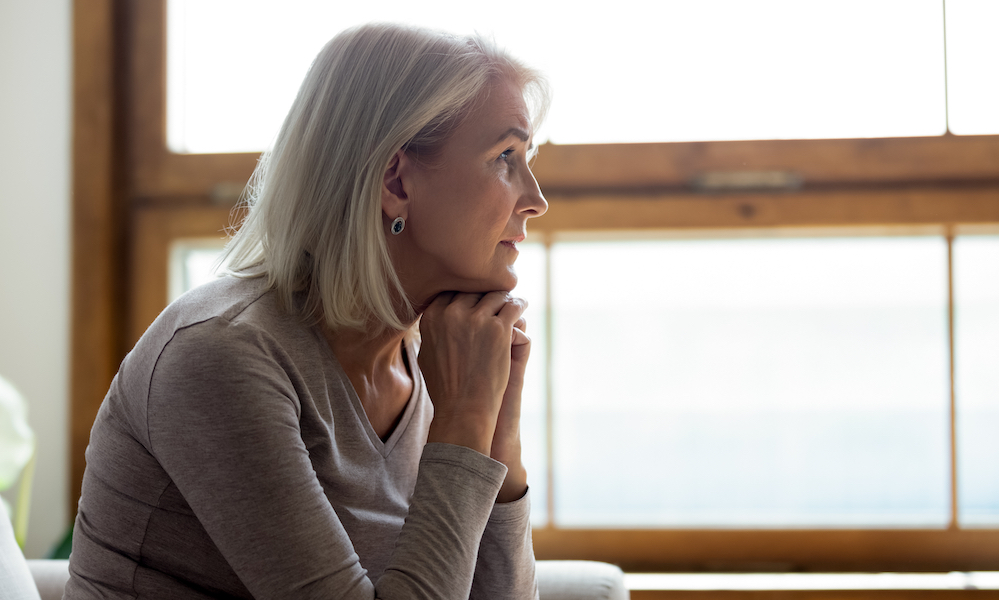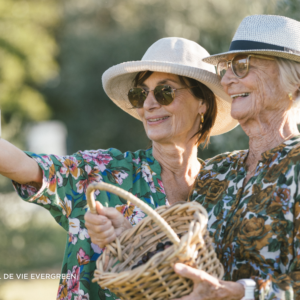
Why social distancing is critical to your health right now
The impact of COVID-19 locally has really stepped up in the past few days, with President Ramaphosa declaring a national state of disaster on Sunday night and announcing a set of stringent measures that include the closure of all schools as well as 35 ports of entry into the country. As the crisis has escalated, you may have heard the term ‘social distancing’ being thrown around in conversation, online and in the media. Here’s a closer look at what it means and why it’s crucial that every South African puts it into practice.
What is social distancing?
Social distancing is a course of action that aims to slow down the spread of COVID-19 by keeping those who are healthy away from those who are infected or may have been exposed to the virus.
It’s not to be confused with self-quarantine or isolation – two other buzzwords currently receiving plenty of media mentions. As Time.com explains, “The key difference is that a quarantine or isolation restricts the movement of people within a certain area or zone to limit transferring and spreading an infection. Social distancing places no such locational constraints, rather it is a behavioral practice to lower the risk in most circumstances.”
The World Health Organization (WHO) advises that you “maintain at least 1 metre distance between yourself and anyone who is coughing or sneezing,” because “when someone coughs or sneezes they spray small liquid droplets from their nose or mouth which may contain virus. If you are too close, you can breathe in the droplets, including the COVID-19 virus if the person coughing has the disease.”
What does social distancing look like?
How you implement this measure will depend on your age and phase of life. As a retiree, this could include:
- Asking a loved one to do your shopping for you, or shopping online rather than in a supermarket or store.
- Using apps like Skype to chat to your family rather than speaking to them in person.
- Keeping away from the mall.
- Cancelling weekly card games.
- Postponing club or society meetings.
- Avoiding public transport.
Why is social distancing so critical?
Social distancing is key to preventing those most at risk (seniors and those with compromised immune systems) from falling ill and to “flattening the curve” – the “curve” here refers to the number of people estimated to become infected with COVID-19 over a set time period.
Livescience.com puts it in terms that are easy to understand: “The curve takes on different shapes, depending on the virus’s infection rate. It could be a steep curve, in which the virus spreads exponentially (that is, case counts keep doubling at a consistent rate), and the total number of cases skyrockets to its peak within a few weeks. A flatter curve, on the other hand, assumes the same number of people ultimately get infected, but over a longer period of time.”
But why does it matter how quickly the infection spreads if the same number of people are ultimately infected? Because the faster the infection spreads, the greater the burden on government and private hospitals. Italy, for example, experienced exponential growth in COVID-19 infections with the result that its healthcare system is now completely overwhelmed and doctors are having to make tough decisions about whose treatment to prioritise.
How else can you protect yourself?
The WHO recommends that people implement the following practices in conjunction with social distancing in order to protect themselves and prevent the spread of the disease:
- Wash your hands frequently.
- Avoid touching your eyes, nose and mouth.
- Practice respiratory hygiene – this means covering your mouth and nose with your bent elbow or tissue when you cough or sneeze. Then dispose of the used tissue immediately.
- If you have fever, cough and difficulty breathing, seek medical care early.
- Stay informed and follow advice given by your healthcare provider.
Source: who.int
Stay in the loop
The South African Department of Health has launched a WhatsApp service to keep the country educated and updated. To join the group, simply add the number – 060 012 3456 – as a contact on your phone, then type Hi in the message block. Once you’ve done that, you’ll immediately start receiving instructions on how to sign up for specific news and information.



